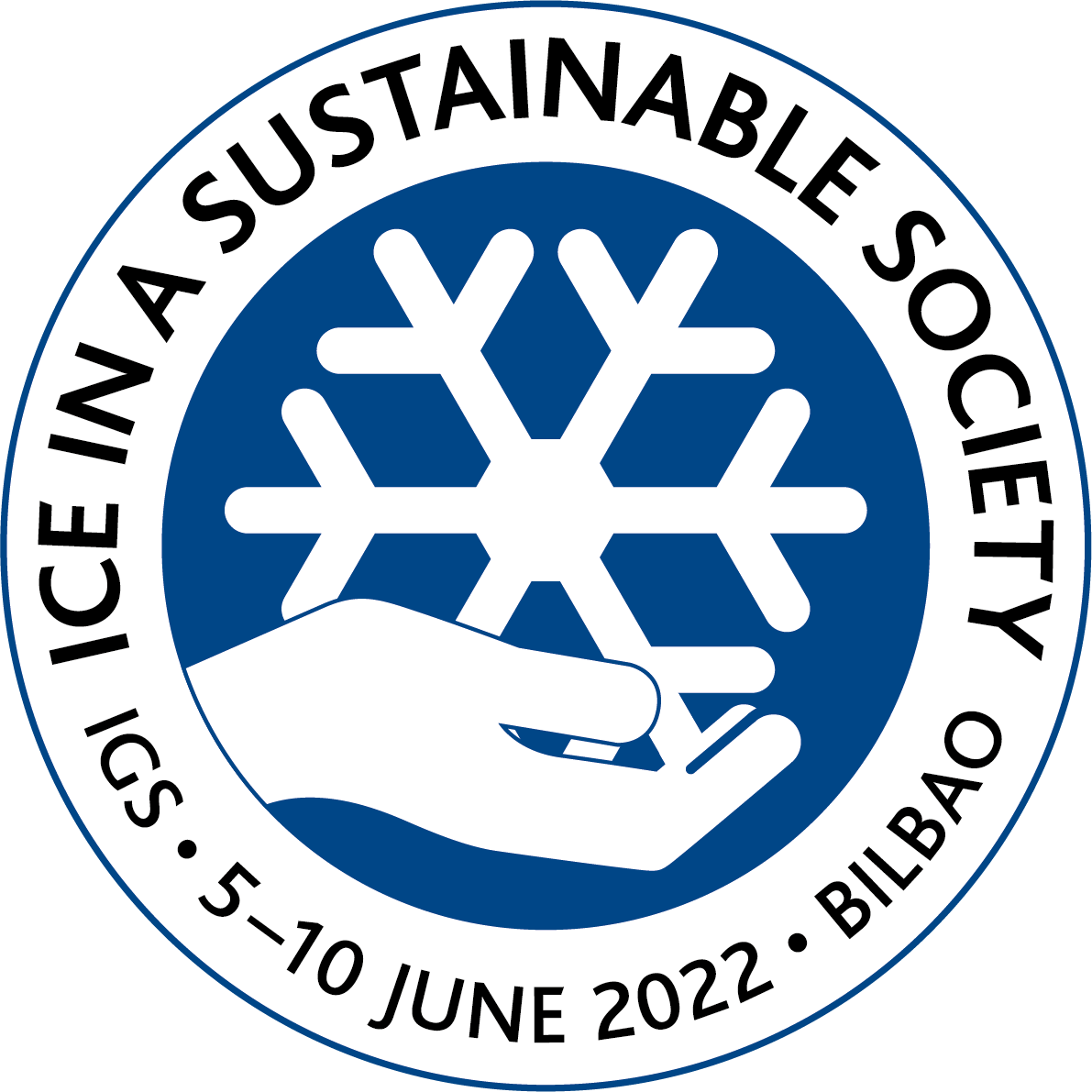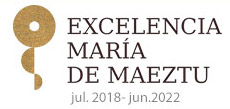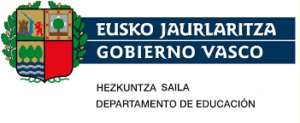Objectives
• To assess the relevance of glaciology to a sustainable society, including the scientific, technological, social, economic and cultural dimensions.
• To serve as a transdiciplinary line of action and instrument to engage citizens, stakeholders and policymakers, promoting critical thinking about the climate crisis and providing them with the necessary tools to make better decisions, both personally and collectively.
• To encourage transdisciplinary ice research and activate participatory processes to solve complex problems.
Theme
The Symposium will focus on “interdisciplinary relations” rather than isolated disciplines. Its main objective is to help the participants to look beyond their own specializations, identifying powerful interconnections and relationships that recognize no disciplinary borders, in order to highlight the extraordinary transdisciplinary potential of glaciology.
We hope this symposium will attract experts in climate, engineering, environment, policy, economy, philosophy, arts and other specialities that will join forces to seek inter- and trans-disciplinary solutions for sustainable development and climate change awareness.
Commitment to culture and society
Within the framework of the ISS Symposium, innovative actions and ways to connect the sciences of ice and sustainability to society will be proposed and implemented by the participants and the organizers, with the aim of contributing to more scientifically informed communities capable of actively participating in democratic processes, understanding that education and awareness raising are essential for actions to reduce human adverse effects on climate.
Besides the ISS Symposium itself, various coordinated scientific communication, co-production, and dissemination activities will be organized before and during the Symposium, including citizen participation, exhibitions, artistic performances, meetings, and interactions with international experts from various areas of knowledge, from the natural sciences to the humanities. The transdisciplinary nexus of all these actions will be ice, considered in all its forms, from the cryosphere as the most sensitive component of the climate system and one of the dominant contributors to the recent rise in sea level, to glaciers as the water towers of the planet and snow as a source of tourist and economic attraction, as well as artistic and cultural inspiration.
All participants are welcome to organize or collaborate in those actions.









